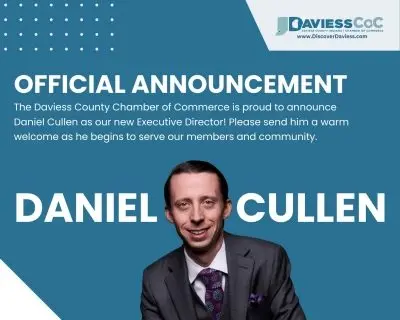(NETWORK INDIANA) Do you know the basics of how our form of government works? You might be surprised to find out just how few people actually do. Knowing not just the names of the candidates, but about the positions they are running for, is called civic literacy.
“There is research that shows that 26 percent of Americans can name three branches of government, know that we have three branches of government,” said Sheila Kennedy, professor of Law and Public Policy at the O’Neil School at IUPUI, and founder of the school’s Center for Civic Literacy.
“When we talk about civic literacy, we’re talking about knowing the basic outlines of our federal system,” she said. “If we want people to be engaged in government and their communities, we would like them to make that engagement informed.”
Kennedy said that if you are asked to vote for someone, it’s important to know what their responsibilities would be, so you’d know if they are qualified. You’d be surprised, she said, to know how many people do not understand those basics.
Kennedy said she founded the Center eight years ago after she asked a question in one of her classes.
“I usually ask my students, what do you think James Madison thought about porn on the internet. They’ll usually laugh and say well, I guess James Madison didn’t think much about porn on the internet.” Kennedy said she was surprised by an answer from a junior.
“She looked at me and she said, “Who’s James Madison? I went home and I drank.”
Kennedy said she believes we have much work to do in this country, because people don’t understand the framers of the Constitution or why it was written.
“The civic mission of the public schools is so important and it has been obscured by the emphasis on STEM education,” she said. “You cannot keep a Democratic form of government if no one, or very few people, understand what that implies.”
If you wonder what the answer is, what Madison would’ve thought about internet porn, “Madison said, look, government doesn’t get to decide what we read or what we think. That’s simply not a function of government.”













